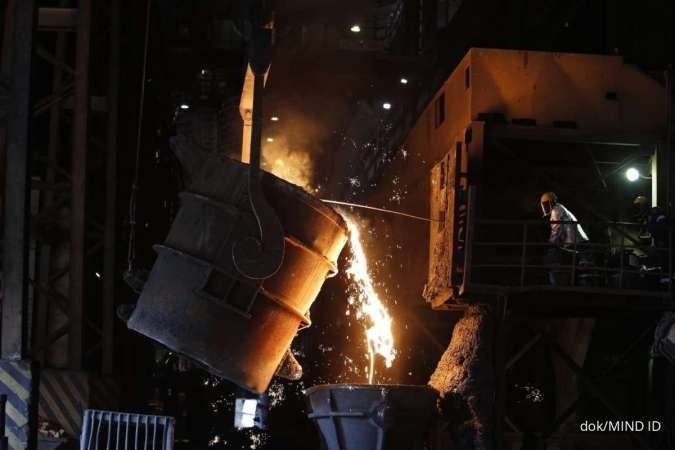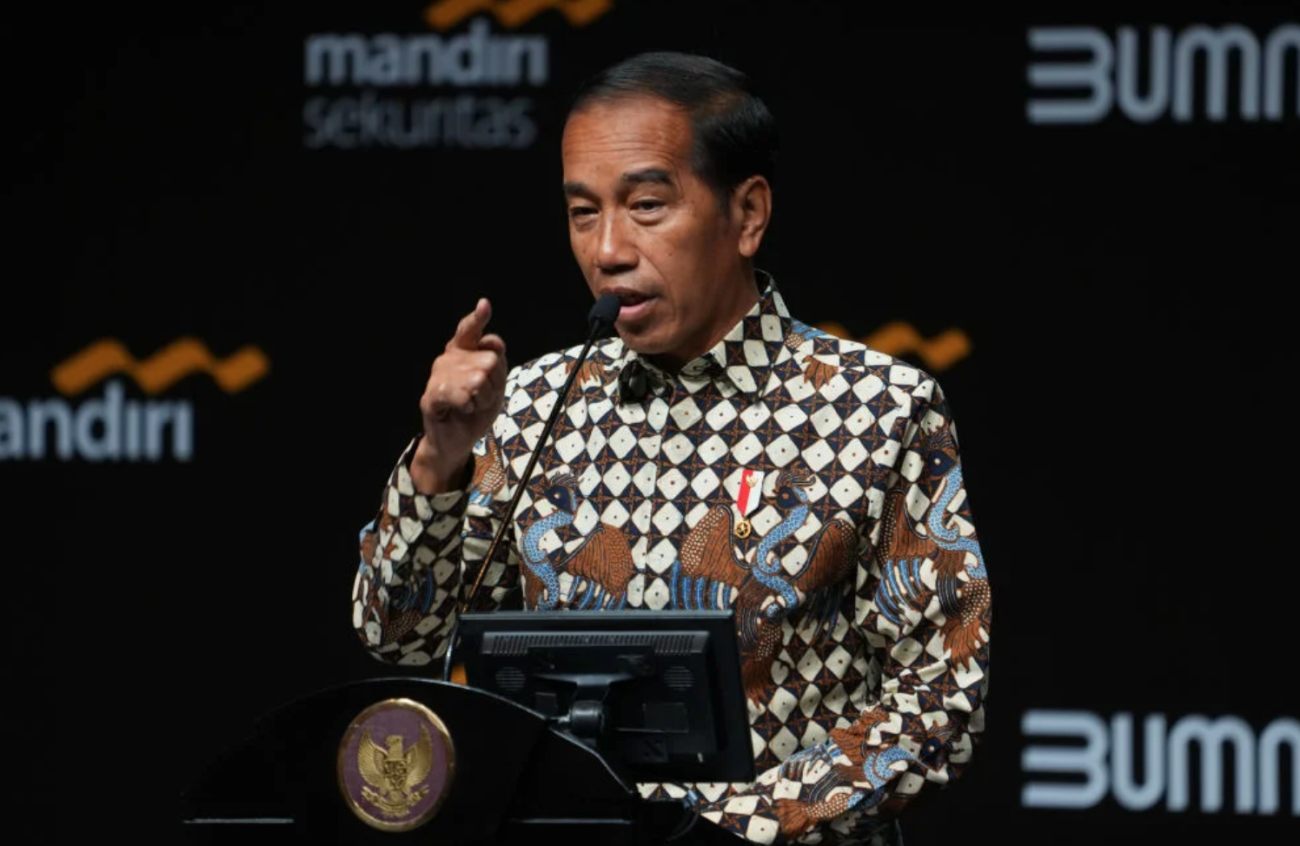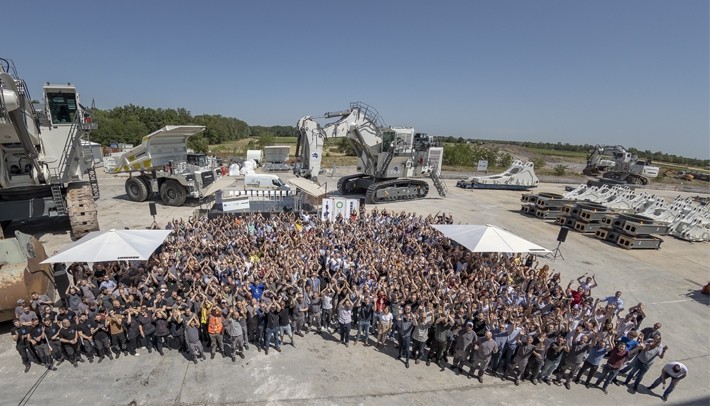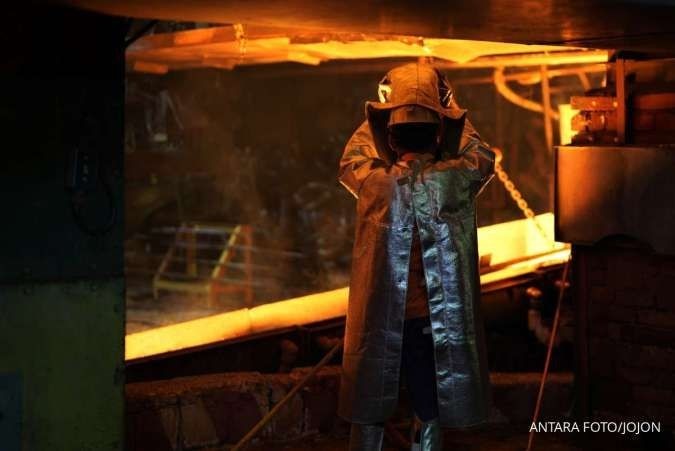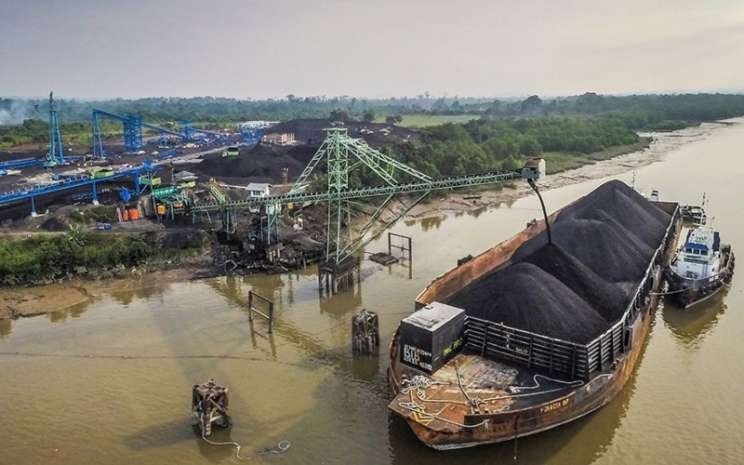The Indonesian State-Owned Enterprises (SOE) Mining Holding, MIND ID, is committed to driving mineral downstreaming to boost the manufacturing sector.
Corporate Secretary of MIND ID, Heri Yusuf, at the 2024 Trade Expo Indonesia (TEI), stated that as a strategic active holding, MIND ID has orchestrated all its members to maximize the value of coal and mineral commodities through downstreaming programs.
According to him, the mineral industry has successfully implemented downstreaming programs that make Indonesian minerals more readily usable across various manufacturing industries in the country.
Heri expressed his hope that a stronger absorption of minerals by the manufacturing industry would further increase the value-added benefits.
"This 2024 Trade Expo Indonesia is a good moment. We hope that a strong connection between the mineral and manufacturing industries and end users can be realized. Together, we can provide greater benefits for Indonesia's future," said Heri in a press release on Thursday, October 10.
Heri highlighted that the MIND ID Group, through the consortium of PT Aneka Tambang Tbk and PT Indonesia Asahan Aluminium (Inalum), known as the Smelter Grade Alumina Refinery (SGAR), has succeeded in producing alumina domestically.
This alumina will then be processed into aluminum, with domestic demand reaching 1 million tons per year.
Additionally, MIND ID Group, through PT Freeport Indonesia (PTFI), has also started operating its copper concentrate smelter in the Gresik Java Integrated Industrial and Ports Estate (JIIPE) Special Economic Zone (KEK) in East Java.
This project processes 1.7 million tons of copper concentrate from Papua and produces 650,000 tons of copper cathode, 50 tons of gold, and 210 tons of silver, which can be utilized across various industries in Indonesia.
Heri also noted that MIND ID, through PT Bukit Asam Tbk, is taking coal downstreaming more seriously, particularly the coal gasification project, which converts coal into dimethyl ether (DME) domestically.
This strategic initiative will enable coal to be converted into gas and subsequently transformed into various products based on industrial needs.
Heri emphasized that strong integration between the mineral sector and the manufacturing industry will create a significant economic multiplier effect.
Moreover, Indonesia could reduce its dependence on raw material imports, which deplete foreign exchange reserves.
"We hope to see new partners emerge as offtakers for our raw materials domestically. If industrialization takes place within the country, the creation of jobs, GDP growth, and other economic benefits will be extraordinary," concluded Heri.
